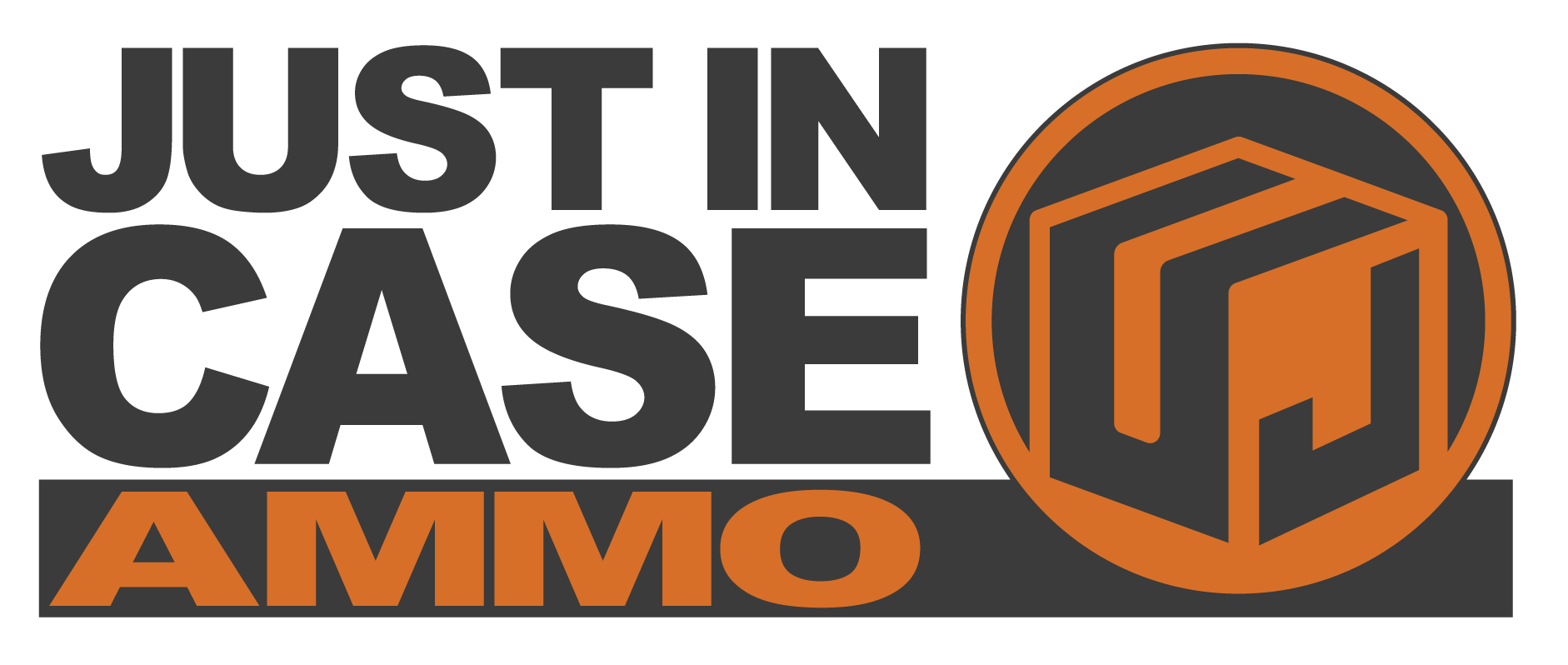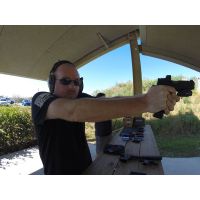Introduction to Buying Your First Gun
Buying your first gun can be both exciting and daunting.
This guide aims to ease the process for first-time buyers, particularly those interested in pistols, the most commonly purchased firearm by new gun owners in the United States.
From deciding on the best model to understanding the buying process and essential add-ons, we'll help you start your journey into firearm ownership safely and informed.
Leveraging Community Knowledge and Resources
Embarking on the purchase of your first firearm might feel intimidating, but thankfully, numerous resources are at your disposal.
Engaging with experienced shooters you know can be immensely beneficial. Most enthusiasts are eager to share insights and offer guidance.
Additionally, local firing ranges are invaluable resources. Many offer rental options and beginner classes to teach new shooters safe firearm operation.
These programs allow you to test various pistols and gain hands-on experience, which is crucial before making a purchase.
Always remember to read online reviews on sites like Google Reviews and Yelp to choose reputable ranges and instructors.
Choosing the Right Pistol
The debate between choosing a revolver and a semi-automatic pistol for first-time owners is ongoing.
Revolvers are often praised for their simplicity, while semi-automatics are favored for their higher capacity and easier handling.
The key is personal comfort and suitability.
It's essential for buyers to handle different models at a range to find what best suits their needs.
While I advocate for semi-automatic pistols due to their easier learning curve in terms of trigger discipline, the choice should ultimately align with the buyer's confidence and readiness to invest time in mastering their chosen firearm.
Understanding the Purchase Process
The process of purchasing a firearm varies slightly by state but generally follows a consistent framework.
Typically, the purchase involves completing an ATF Form 4473, which can be either paper-based or electronic, depending on the gun store.
This form is crucial for background checks, conducted either through the FBI's NICS or a state-run equivalent.
Some states, like Florida, have specific regulations, such as mandatory waiting periods, which can be waived for concealed carry permit holders.
Knowing these details can streamline your buying experience, but they will differ slightly by state.
Choosing the Right Holster
Selecting the appropriate holster can be just as challenging as selecting the firearm itself.
It’s not uncommon for new gun owners to accumulate a collection of holsters as they search for the perfect fit.
Different carry methods, such as strong side inside the waistband, outside the waistband, or appendix carry, require different types of holsters.
Engage with experienced firearm owners to learn about their preferred carry methods and holster brands.
Additionally, thorough research—including watching videos and reading reviews—can provide insights into what might work best for you.
It's crucial to invest in a high-quality holster that not only protects the trigger but is also comfortable for extended wear.
If your holster is uncomfortable, you're less likely to carry your firearm regularly, defeating the purpose of owning a concealed carry gun.
Post-Purchase Considerations and Safety
A common oversight for new gun owners is hastily carrying their firearm without adequate training.
It is crucial to prioritize safety and proficiency over convenience.
Investing in quality training and spending ample time practicing in a controlled environment can prevent common errors, such as inappropriate holster use or carrying an unloaded gun.
Proper training ensures that you are prepared not just to own a firearm but to do so responsibly and safely.
Summary / Saved Rounds
Purchasing your first gun is just the beginning of a lifelong learning journey in firearm usage and safety.
By engaging with the community, participating in formal training, and practicing diligently, you can enjoy the sport and ensure you handle firearms safely and confidently.
Remember, the goal is not just to own a gun, but to master its use for your safety and the safety of others around you.







